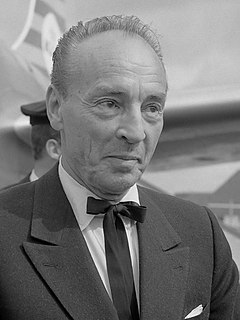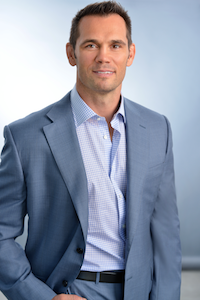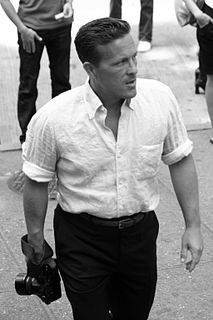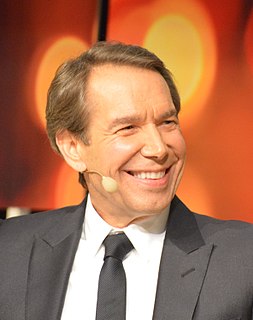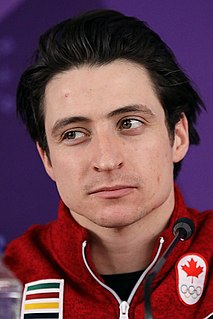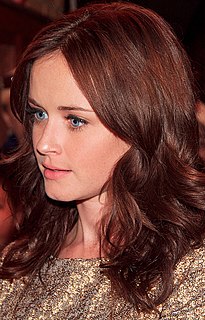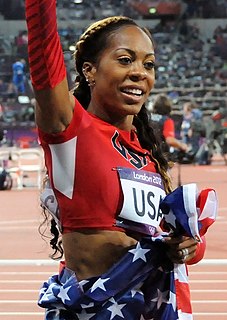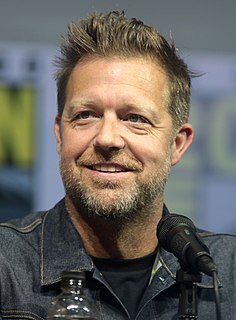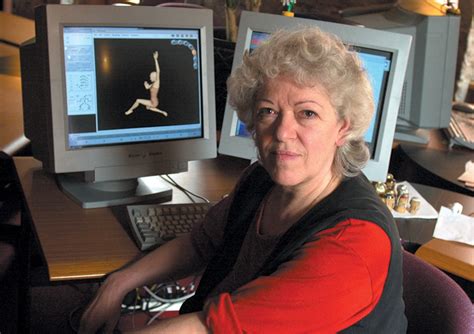A Quote by George Balanchine
Choreography is simpler than you think. Just go and do, and don't think so much about it. Just make something interesting.
Related Quotes
When I go to throw a punch, actually, my intention is to hit somebody. That's just second nature to me. So you have to just rewire yourself. It's not something where you have to sit and subconsciously think about it, but you kind of have to just put yourself in that mode and go with it. Learning the fight scenes, I've never had to learn choreography before, so learning the fight scenes was like learning a dance or something like that. I had a little bit of influence in the fight scenes and I tried to put as much influence there as I could, but I had fun doing it.
I think in Japan I think there is a lot of style and a lot of subcultures, but it will be interesting to see how much of them... how much of the people wearing those clothes are really expressing something about who they are or who they want to be and it will be very interesting to see, especially once you get there, once you get to a certain city like in Stockholm you really get to know the people a little bit and what they're saying through their clothes. It's more... To me I think it's much more interesting than just the clothes they're wearing or the length of the skirt.
I think it's one of the nicest privileges as an actor is to know that you can move people in one moment, make them think about their lives, or make them laugh or make them cry or make them understand something. Or just make them feel something because I think so many of us, including myself, spend too much time not feeling enough, you know?
I should also say, in general, I just drank a lot. I shouldn't characterize it as "to get the courage to perform." It was just an in-general nighttime activity. It definitely made it easier when I started doing stand-up. It was just much simpler to do a couple of shots. It made my nerves go away, for the most part. It just was something I sort of relied on for about the first four years.
I'm selfish, I think. I think an artist has to be. I'm not worried about what people think. I play the parts that I find interesting. It'd bother me more to be just pigeonholed into doing what people think is ethical or that's boring to me. I don't pick parts with that in mind, I just find interesting stories. If it's interesting to me, then I do it.
It's about staying ahead of what happened yesterday. When you just in your mind think...nothing's going to stop me. I don't care how I felt yesterday. I'm gonna go out today and do what I know I can do. If you can just tell yourself...no I'm stronger than this, no I'm better than this, no I'm faster than this, no I'm tougher than this. I think you can make it through situations that your never thought possible.
I think people crave those meaningful situations, stuff about faith, identity, dilemmas of live paradoxes in our souls. It's going back to a time where lives were really defined by history, and also how you behave in the face of history. It's kind of interesting to go back to that simpler humanity, simpler but deeper.
I think the fans, if you want to actually learn about us, I think you have to go way more intricate than just what you see on TV, because that's whatever they want to report. But it's just so much going on, and when you talk about being in our world you have to understand we're individuals too. We're not just athletes. No, we're fathers, we're sons. So when you put us through a job shortage you take away everything that we built.
I don't want people to think about one common thing. Coda is non-discursive, just like choreography for the stage. So each audience member's thoughts about it, or better yet, their feelings, will be different. Moreover, images contain so much information that one can see things that the next person won't notice. As a result, people will surely think about Coda in dissimilar ways.
